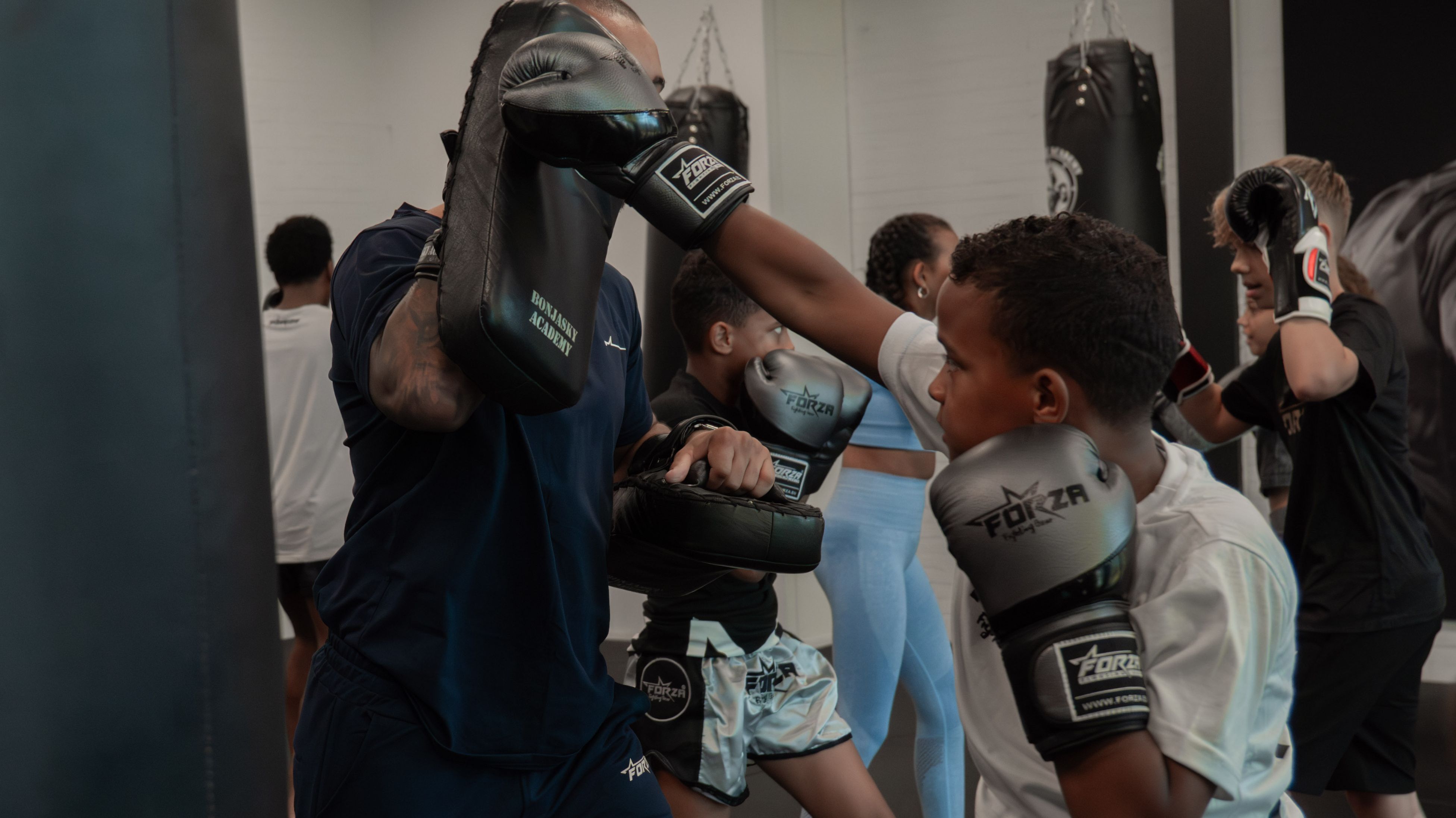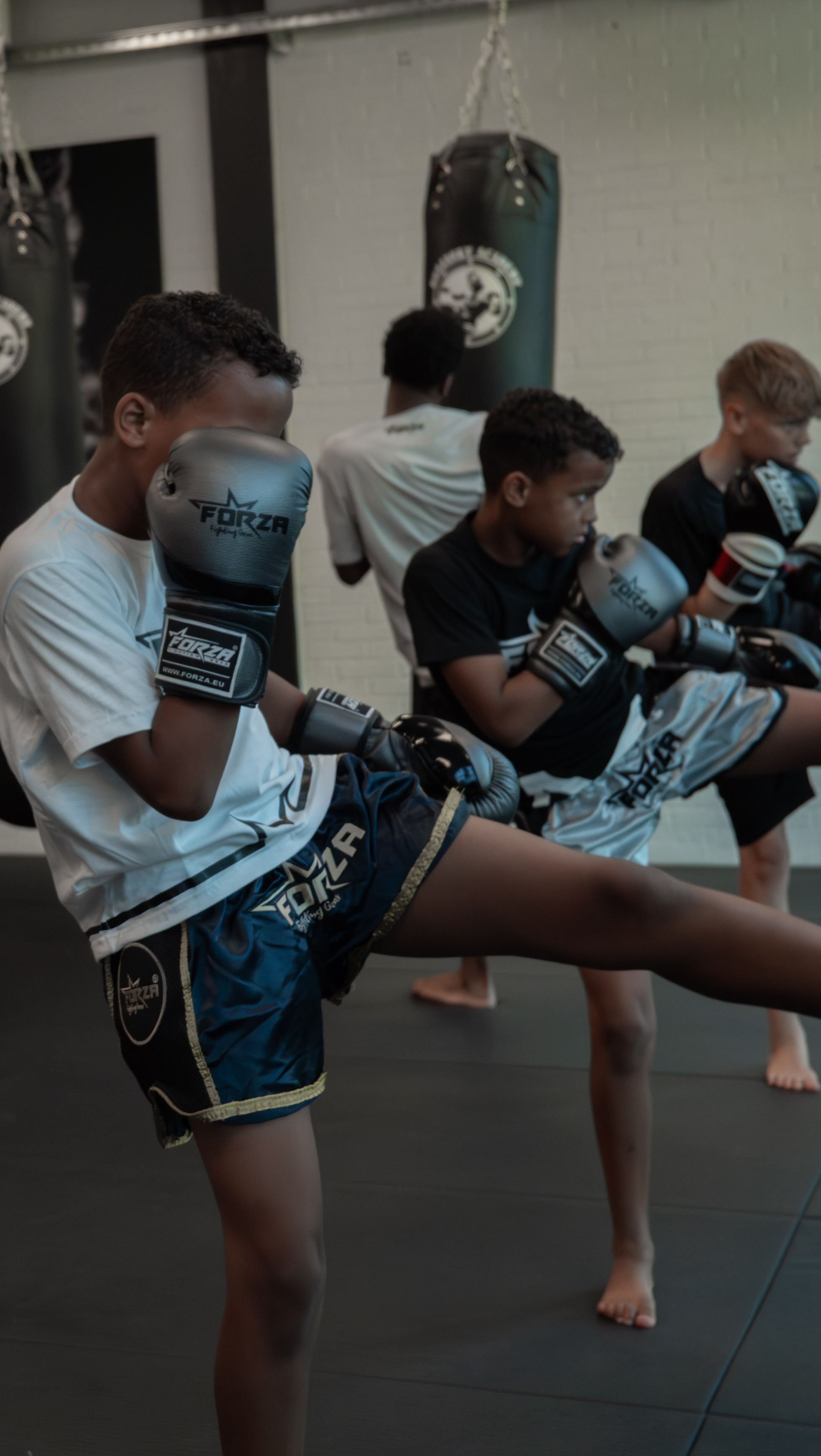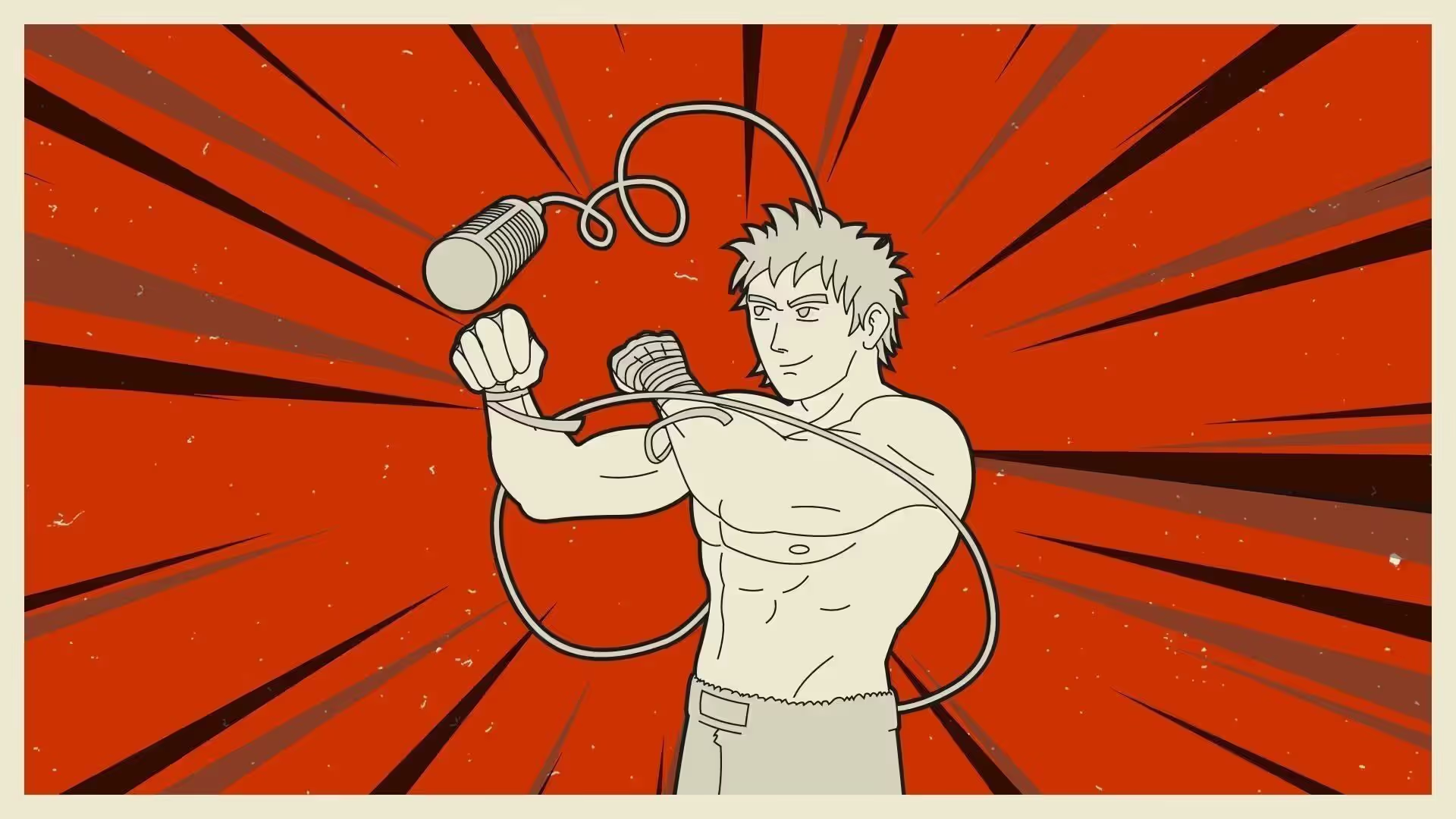More and more young people in the Netherlands are struggling with their mental health. The numbers speak for themselves: according to the RIVM (National Institute for Public Health and the Environment) and CBS (Statistics Netherlands), a large portion of young people rate their mental well-being as moderate to poor. Stress, loneliness, and depression are common problems. Nearly half of young people regularly feel stressed, and more than one in five experiences a high level of loneliness. Additionally, the number of young people experiencing symptoms of depression has doubled in recent years.
These statistics paint a troubling picture of the mental state of the younger generation. The causes are complex, but a clear pattern is emerging: many young people feel lost, lack structure, and struggle to find healthy ways to express their emotions and frustrations. This lack of direction and support often leads to dissatisfaction, which in some cases manifests in violent behavior or other destructive choices.
It’s precisely in this context that martial arts can play a vital role. Martial arts is not just a physical activity — it's also a powerful tool for building mental resilience. It provides structure, discipline, and respect — values that are essential for developing self-control and learning how to manage emotions. Martial arts offers young people a healthy way to channel their energy and frustrations, helping them become not only physically stronger, but also mentally tougher.
Martial Arts as an Outlet
In a good martial arts school, young people don’t just learn how to fight — they learn about themselves. They learn to deal with adrenaline, with loss, and even with accepting their own weaknesses. These are life lessons. Martial arts teaches respect — respect for yourself, for your opponent, and for the rules. It helps young people understand that real strength doesn't lie in physical violence, but in the ability to control their own emotions and impulses.
Instead of expressing frustration through violence or self-destructive behavior, martial arts shows young people that conflicts can be resolved in a healthy way. It’s a lesson in self-discipline, where they learn to understand their limits — physically and mentally. On top of that, martial arts provides a sense of community — a place where young people feel supported and seen, which is often lacking in their other social environments.
Warrior Code: Martial Arts as a Path to Resilience
At Warrior Code, we firmly believe in the power of martial arts. That’s why we are building a platform that makes safe, certified martial arts schools visible. Schools where young people not only grow stronger physically, but also develop mentally. Schools where trainers are more than just instructors — they are mentors, guiding youth on their journey to resilience, both in the ring and in life.
We are convinced that martial arts should not be a luxury reserved for the few, but a necessary opportunity for everyone. It helps young people develop themselves, channel their frustrations, and find a healthy outlet for their emotions. And in a world where stress, performance pressure, and loneliness are increasingly common, it’s more important than ever that we equip young people with the tools to face these challenges.
Our message is simple:
Martial arts is not part of the problem — it’s part of the solution.
We must teach young people how to show respect — for themselves and for others. We must help them find their inner strength — not by fighting against the world, but by fighting for their own growth and development.
What do you think?
How can we truly support young people today? How do we prevent frustration from turning into violence? What role can sports — and martial arts in particular — play?
Let us know in the comments or send us a message. Together, we might be able to spark real change.
Sources:
Statistics on the mental health of young people are based on research by the RIVM and CBS.
This article is also informed by the insights and experience of Warrior Code as a platform for martial arts and mental resilience.


















